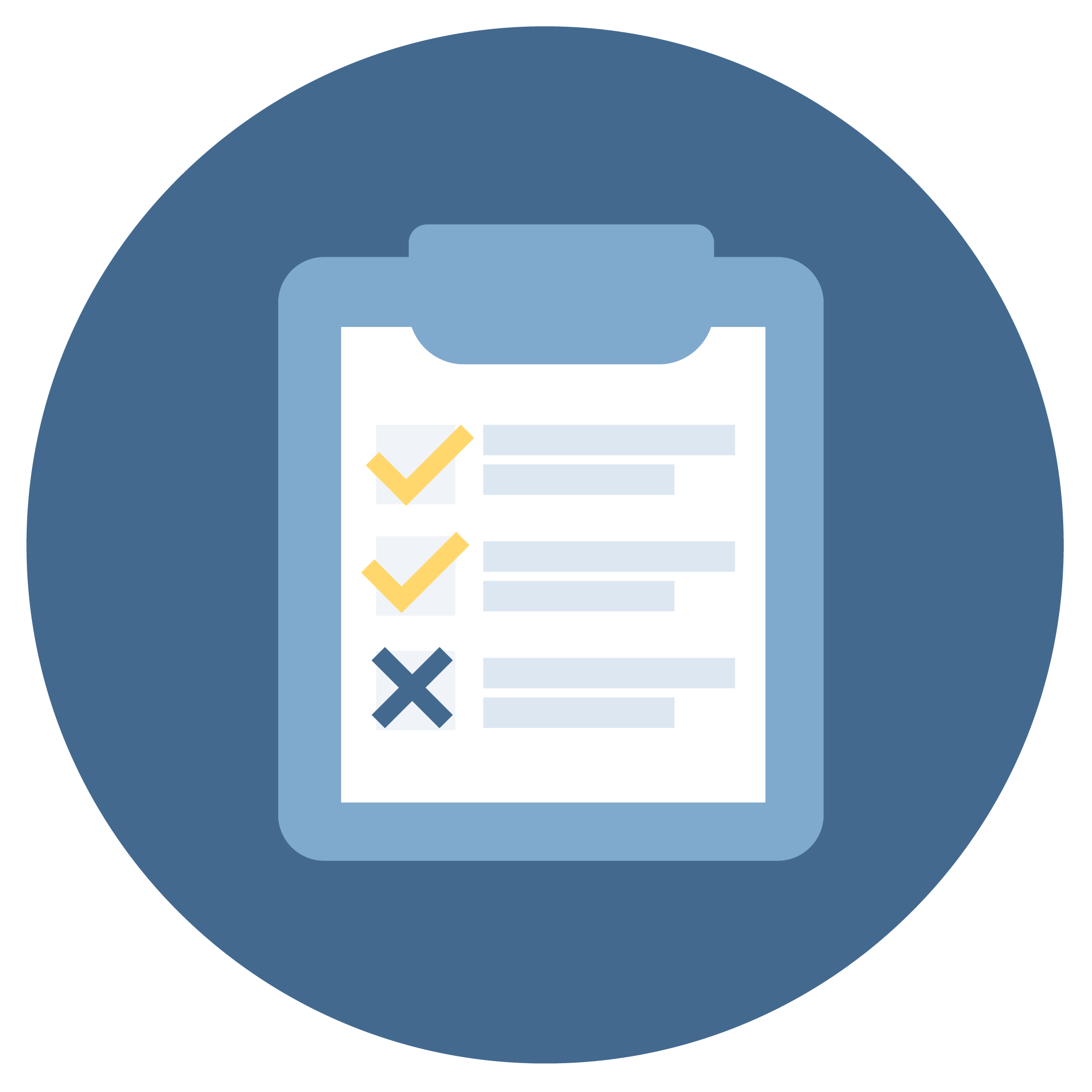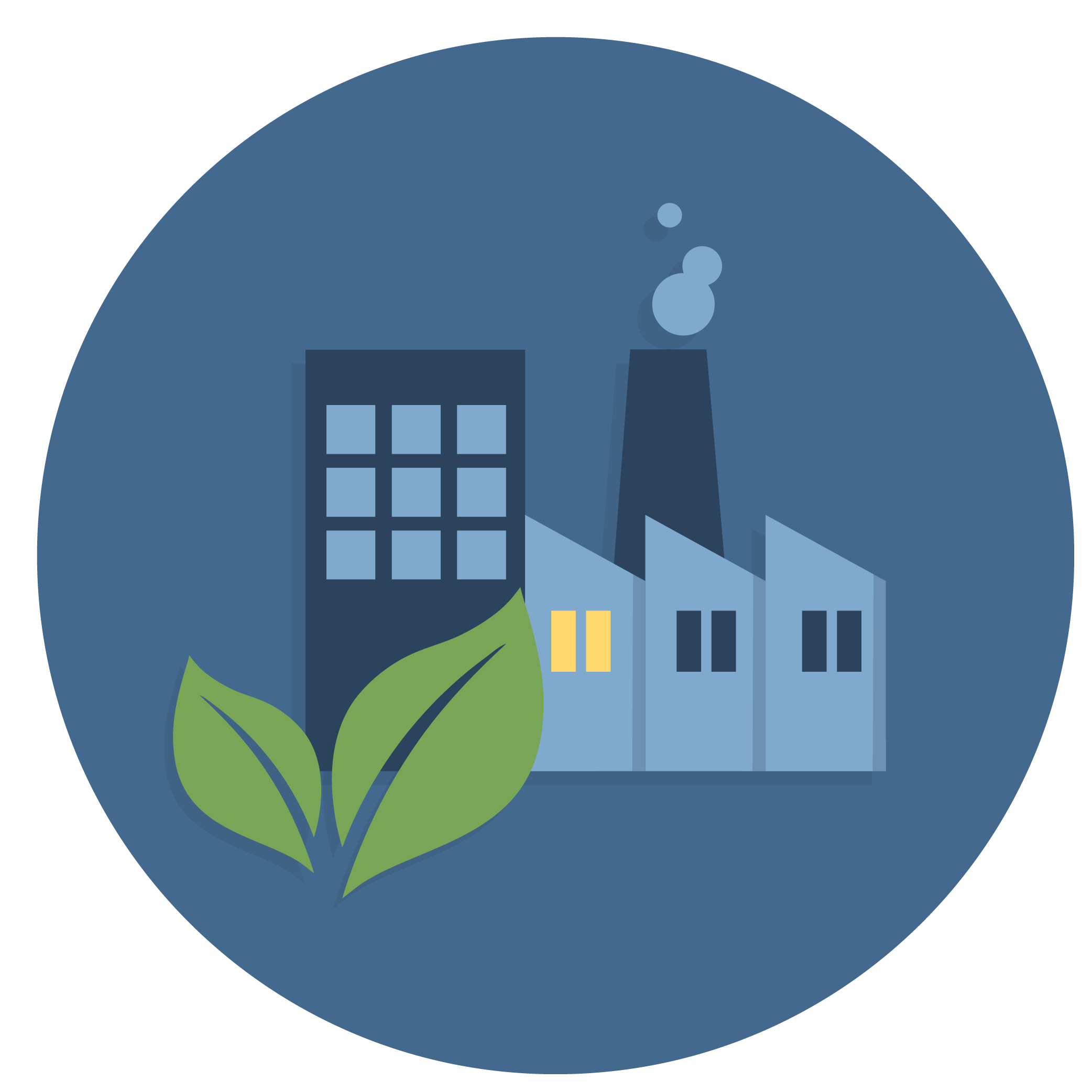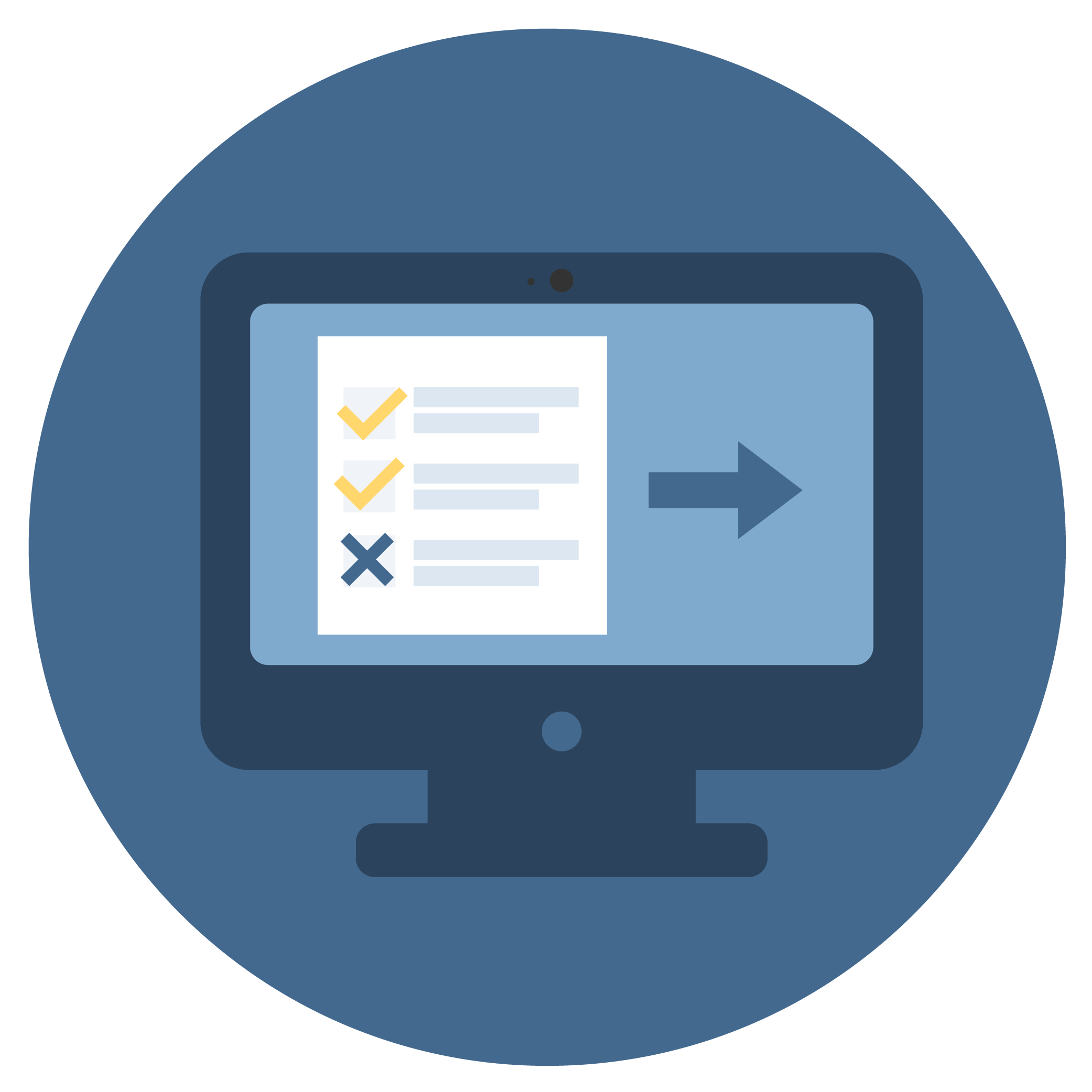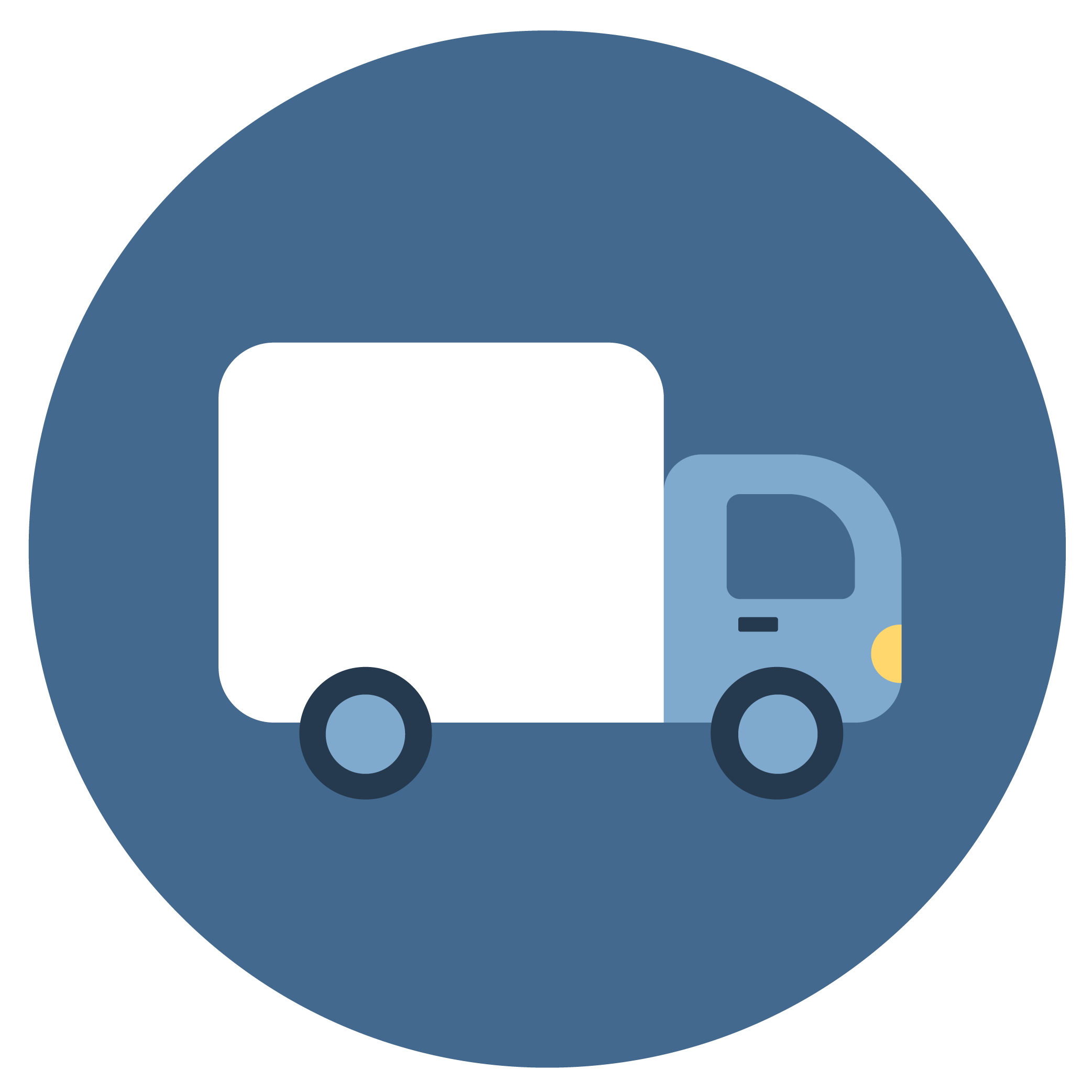Manage dangerous waste for businesses
Many businesses in Washington generate some type of dangerous waste — waste that is harmful to human health and the environment. Businesses must follow the Dangerous Waste Regulations and properly handle and dispose of dangerous waste.
Our agency provides non-enforcement services for businesses to help businesses reduce waste and pollution. We provide customized solutions and suggestions to help improve overall efficiency and cut down on costs.
Learn more about managing dangerous waste
Dangerous waste vs. Hazardous waste
Washington state uses the term "dangerous waste" more than the federal law's term of "hazardous waste." This is because Washington state's Dangerous Waste Regulations are more protective than federal laws. The definition of "dangerous waste" is more expansive than "hazardous waste."
Dangerous waste guidance
Knowing whether your business has dangerous waste, how much, and the rules you have to follow is a process. Learn more about:
- Dangerous waste basics (such as designation, counting, generator category).
- Common types of dangerous waste your business may have.
Learn more about Dangerous Waste Guidance.
Pollution prevention assistance for businesses
Businesses in Washington can take advantage of our non-enforcement services to help them reduce waste, pollution, and costs in the long run. We can help you:
- Reduce your toxic chemical use and dangerous waste generation.
- Switch to safer products.
- Complete and submit your Pollution Prevention (P2) plan.
- Improve manufacturing practices and efficiency.
- Understand and comply with the Dangerous Waste Regulations.
Learn more about our Pollution Prevention Services for Businesses.
Dangerous waste reporting and fees
Depending on the amount of waste a business generates and a variety of other factors, you may be required to submit a:
There are also fees you may be subject to:
- All facilities that generate dangerous waste must pay the hazardous waste generation fee: .
- Some facilities that submit P2 plans may be subject to the hazardous waste planning fee.
Learn more about Reports and Fees.
Dispose, recycle, or treat dangerous waste
If your business generates dangerous waste, you are responsible for it cradle-to-grave. Most businesses hire a hazardous waste service provider to handle all aspects of proper disposal, although some may choose to transport or treat their own waste, depending on their generator category. Learn how to properly dispose, recycle, or treat dangerous waste.
Related links
Contact information
Need help?
Contact a dangerous waste inspector in your region





